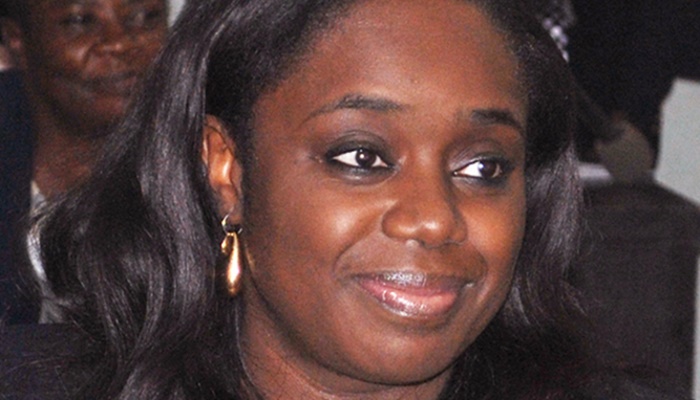
The Federal Government is in talks for concessionary loans worth $3.5 billion from the World Bank and African Development Bank (ADB) to help finance a planned this year budget, Finance Minister Mrs Kemi Adeosun said.
While discussions are going on, a formal request hasn’t yet been made to the World Bank for $2.5 billion and the AfDB for $1 billion, Adeosun disclosed this to Bloomberg by telephone at the weekend. The government plans to tie them to specific capital projects, she said. A request hasn’t been made for assistance from the International Monetary Fund.
The loan talks are “in anticipation of getting the budget approved” and are “not part of an IMF package,” Adeosun said.
According to the Bloomberg report monitored by Business247 News Online, President Muhammadu Buhari’s government is seeking to spend its way out of an economic crisis triggered by a collapse in oil prices. Nigeria is Africa’s biggest oil producer and relies on crude for almost all its exports and two-thirds of government revenue.
Buhari has proposed boosting this year’s budget to a record 6.1 trillion naira ($30.7 billion). Adeosun said on Jan. 21 that authorities will borrow about $5 billion in external debt from multilateral agencies and the Eurobond market to plug a record budget gap of 3 trillion naira.
Lawmakers in Nigeria’s parliament will begin deliberations this week on the 2016 spending plan, Adeosun said on Sunday. Authorities will begin non-deal roadshow meetings with investors to sound out a potential sale of $1 billion of Eurobonds in February, she said.
“A loan from multilateral lenders would be much cheaper than borrowing on the open market,” John Ashbourne, an Africa economist at Capital Economics Ltd. in London, said in a research note on Monday. “Where a World Bank loan would really help Nigeria is by plugging part of its current-account shortfall. The country has traditionally run a current-account surplus, but low oil prices have slashed export earnings and pushed the country into deficit.”
Nigeria has issued dollar bonds twice, most recently in 2013. Crude oil prices have dropped about 46 percent since June last year and were trading as low as $34.97 a barrel in London on Monday.
The nation’s economy probably grew 3.2 per cent last year, the slowest pace since 1999, according to a Bloomberg survey of economists.
The “government’s fiscal outlook is indeed bleak,” said Ashbourne. “A $3.5 billion loan is nowhere near enough to address the imbalances in Nigeria’s troubled economy,” with the country needing about $20 billion to cover its external funding needs. The report said.







Comments are closed.